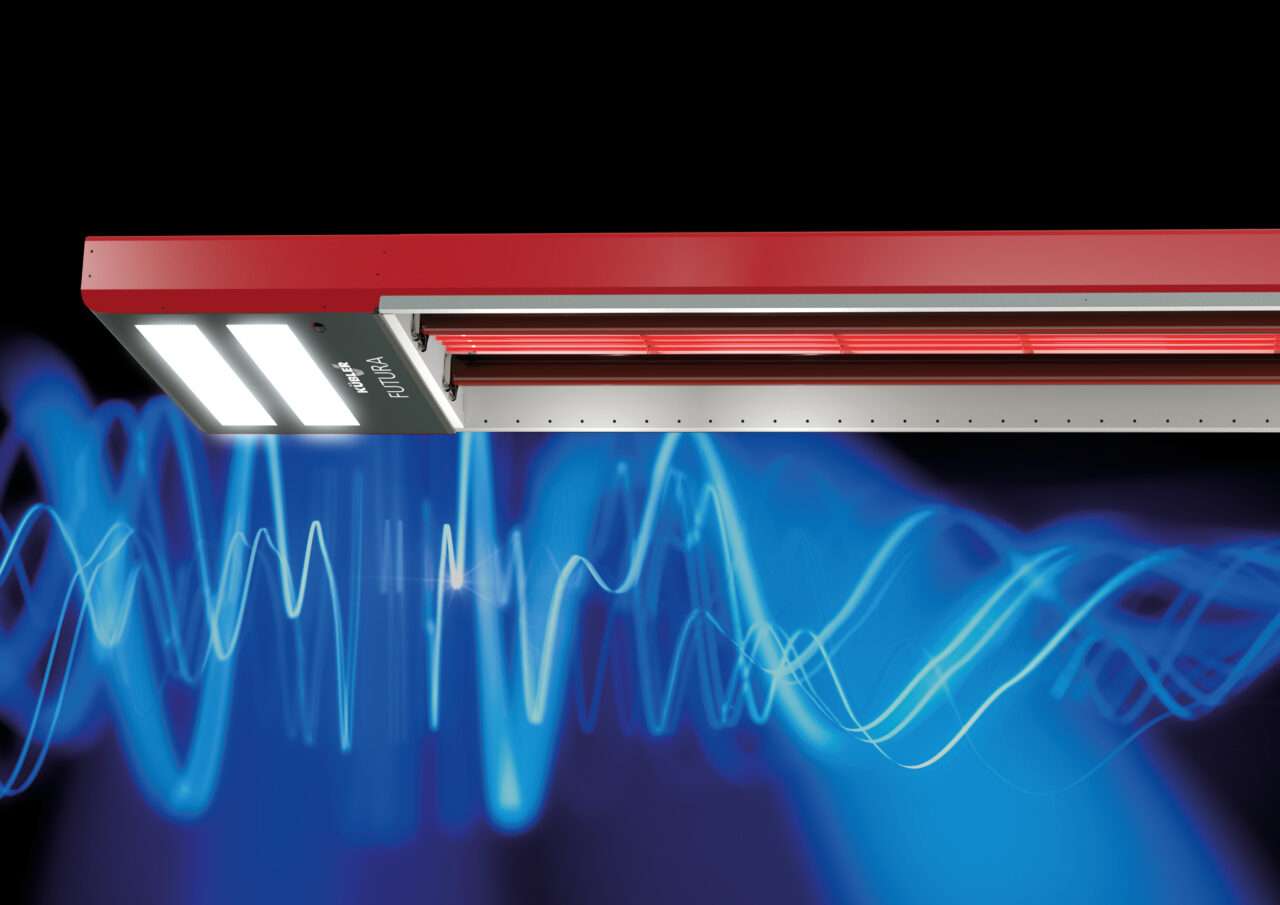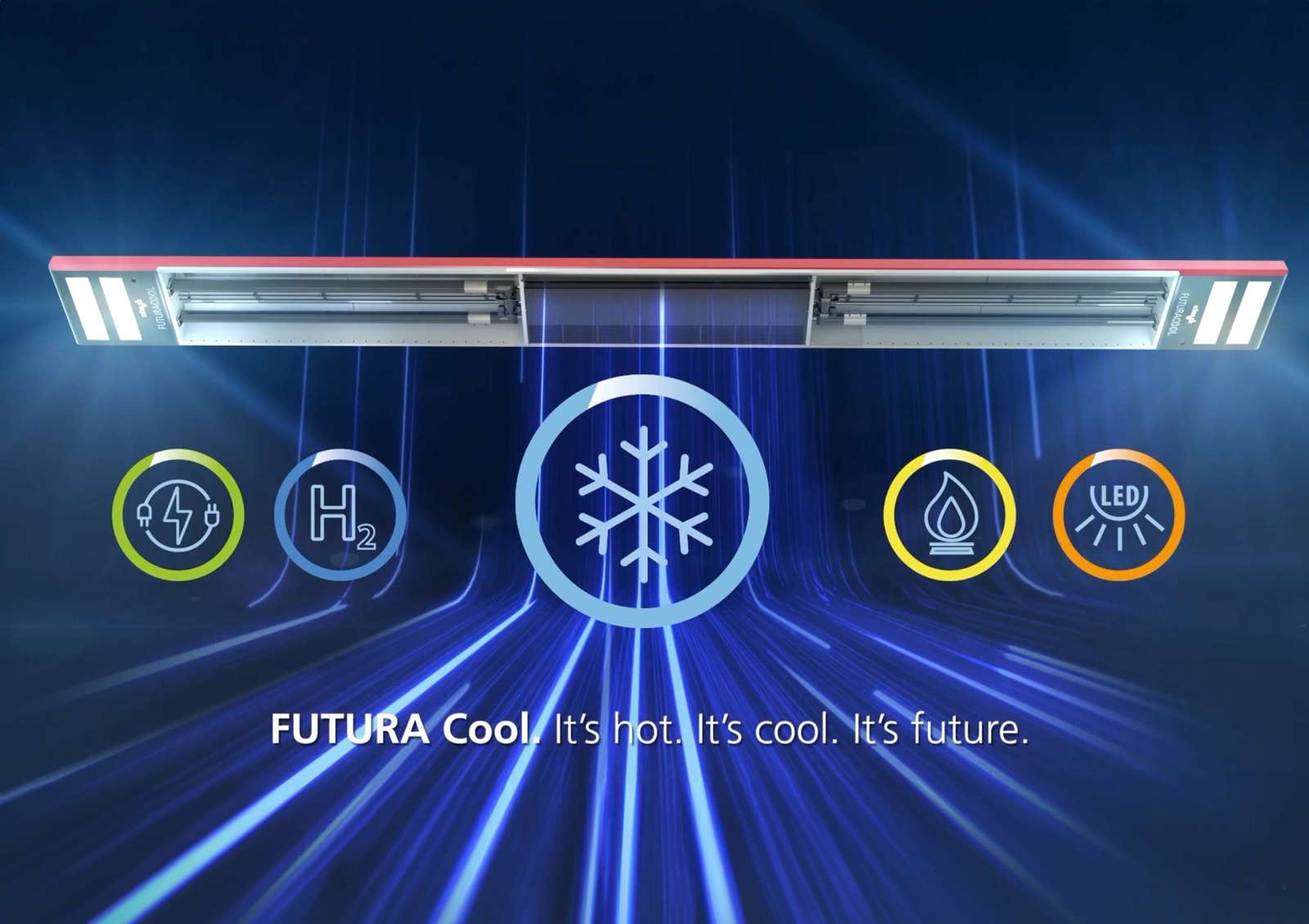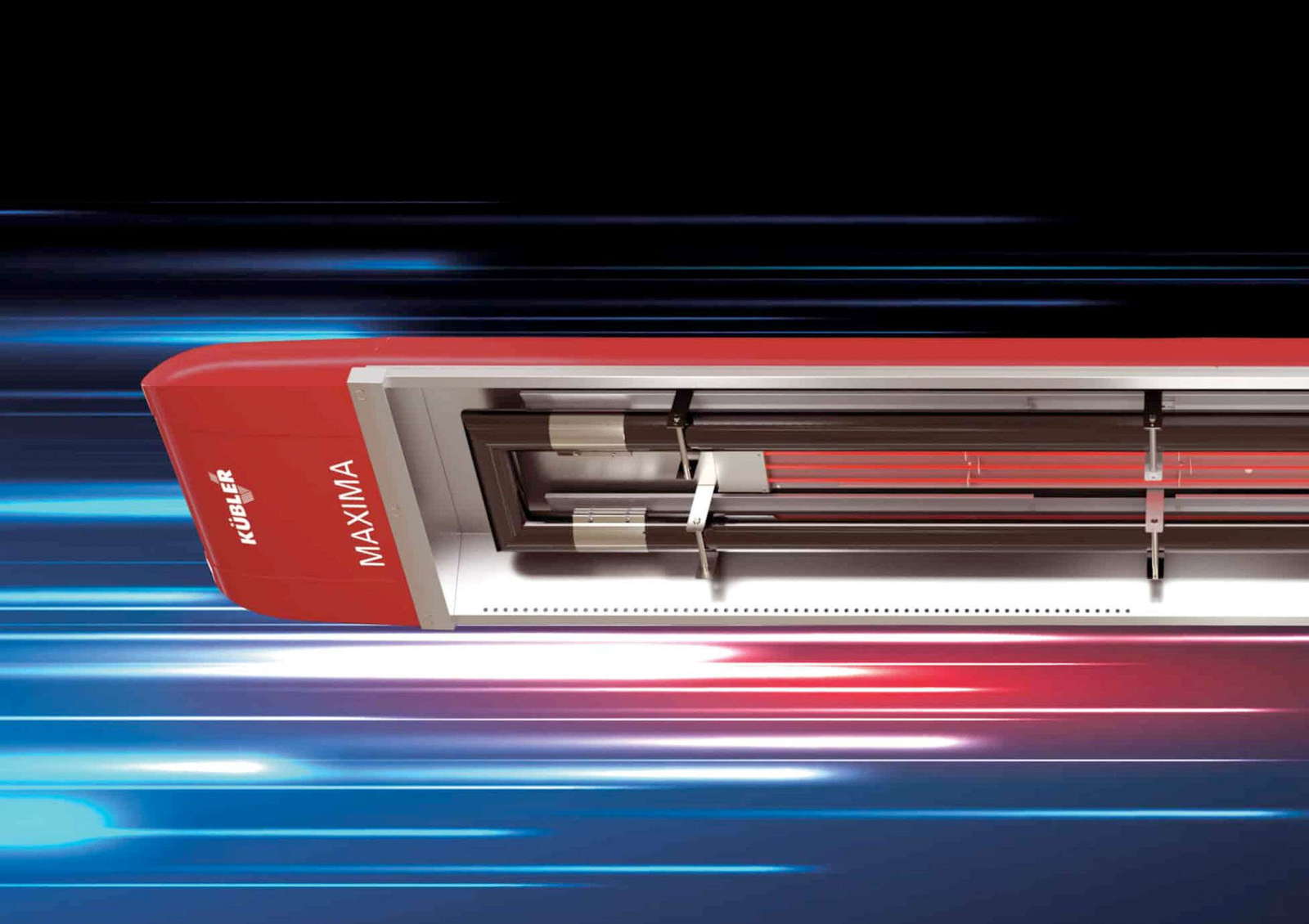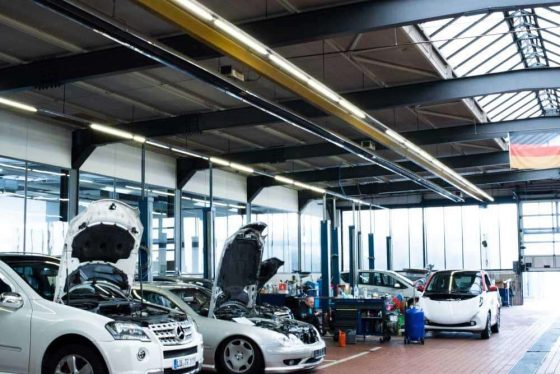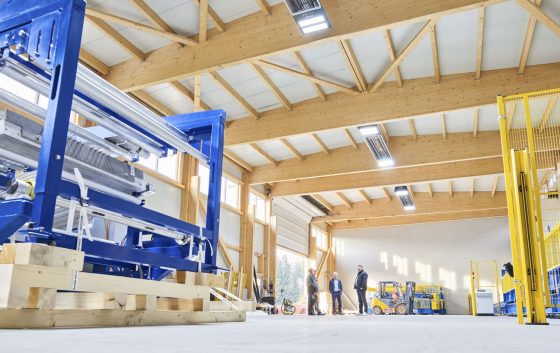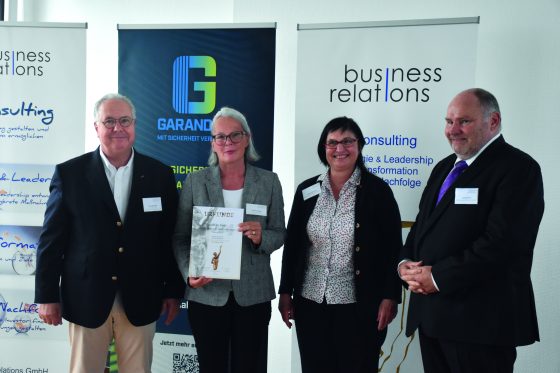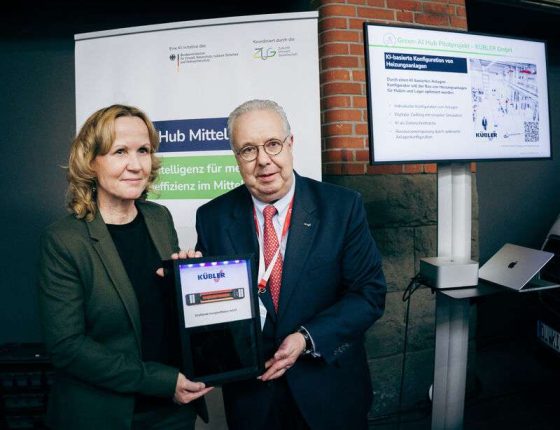KÜBLER nominated for the German Innovation Award for Climate and Environment 2022
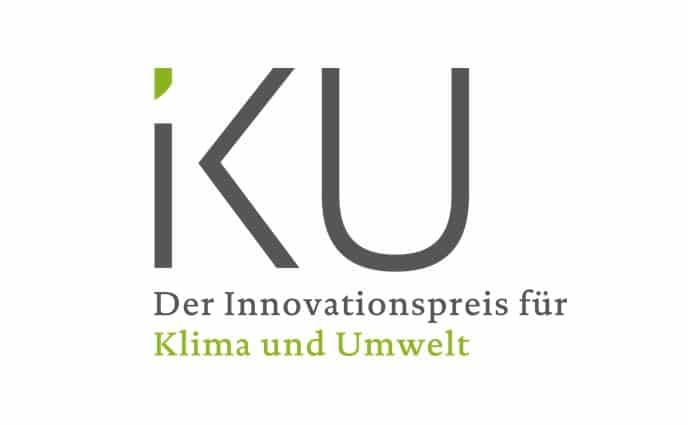
HeizWerk is the name of a new, very economical and easy-to-implement service concept and means in a nutshell: "Renting hall heat". For the first time, this offers operators of hall buildings an alternative to investing in modern, energy-saving hall heating technology. The big advantage is that the user incurs no investment costs, no depreciation costs and no significant personnel or time expenditure. HeizWerk is therefore particularly attractive where the need for refurbishment has been recognized but budgets are not released for various reasons. This applies to both new builds and the modernization of existing buildings in trade, industry, events, sport and many other indoor buildings.
"In HeizWerk, we bundle our most efficient, fully digitalized and networked heating systems, which are the most innovative with five patents," says Thomas Kübler, founder and Managing Director of the company. In addition to the heating technology itself and the digital control system, the service portfolio also includes engineering, installation, maintenance and servicing as well as the operation and permanent monitoring of the heating system.
The efficiency of the interaction between KÜBLER technologies is so high that energy savings of between 30 and 70 percent are achieved, which not only pay for the system rent, but also provide a significant plus in the cash register. The bottom line is usually 10 to 25 percent compared to the previous heating costs. Consumption costs are therefore reduced so much by the modernization that they are lower than the previous costs despite the rent.
"HeizWerk is an important lever with which we want to contribute to achieving the climate targets," says Thomas Kübler. After all, it makes saving energy in the hall sector more attractive. Because despite the high need to renovate buildings and systems technology in the non-residential building sector, people are reluctant to invest. In practice, the money primarily flows into production processes or is held back in economically uncertain times - such as the current pandemic. In addition, investment is not very attractive from a tax perspective, as depreciation reduces the company's profits and therefore runs counter to the management's mission. The result is a refurbishment backlog. HeizWerk makes the use of energy-efficient heating technologies in new builds and refurbishments feasible for many companies in the first place. For example, when hall buildings are rented, no budget is available or the investment does not appear attractive for other reasons, e.g. due to short-term profit and financial targets.
KÜBLER has specialized in efficiency technologies for over 30 years and is regarded as an innovation leader for the economical and environmentally friendly heating of buildings with room heights of four metres or more. The medium-sized company from Ludwigshafen consistently builds on the further development of infrared technology as the most sensible heating principle for halls. With its innovative achievements, KÜBLER repeatedly sets benchmarks in the industry and regularly receives awards. Examples include the German Sustainability Award, the Rhineland-Palatinate Innovation Award and, most recently, the Hidden Champion in the Palatinate.
The rental model solves many problems for hall operators in one fell swoop and is also highly attractive in terms of climate policy. HeizWerk makes it possible to achieve maximum energy efficiency with high returns even under difficult building conditions without having to make any investment costs of your own. This is underlined by customer testimonials, among others. Hans Fuhrmann, Director of Production at Dexion Gonvarri Material Handling:
"KÜBLER's solution is a great offer for companies that want to avoid large investments and still benefit from modern heating technology. [...] We would never have taken on the modernization of the old heating system without the rental model."
"The high-ranking jury, headed by Prof. Ottmar Edenhofer (including Director and Chief Economist at the Potsdam Institute for Climate Impact Research (PIK)), made its decisions on the basis of scientific assessments by the Fraunhofer Institute for Systems and Innovation Research." 1 A total of 150 applications were reviewed and only 21 innovations were nominated. The German Innovation Award for Climate and the Environment (IKU) is funded by the National Climate Initiative of the Federal Ministry for Economic Affairs and Climate Protection and was announced for the 8th time in 2022.
"The many submissions show the enormous potential in the areas of sustainability, circular economy and resource conservation that can still be leveraged with good ideas," said Oliver Krischer, Parliamentary State Secretary at the Federal Ministry for Economic Affairs and Climate Protection. "I am pleased to see that more and more companies are willing to do their bit for the climate and the environment. For many years, the IKU has been drawing attention to technologies, products and services that can make an important contribution to sustainable business."
1 BMWI press release "21 projects nominated by jury for the German Innovation Prize for Climate and the Environment", Berlin, January 17, 2022. weblink: https://www.bmwi.de/SiteGlobals/BMWI/Forms/Listen/Medienraum/Medienraum_Formular.html?resourceId=184318&input_=184194&pageLocale=de&templateQueryStringListen=&to=&from=&documentType_=PressRelea-se&documentType_.GROUP=1&cl2Categories_LeadKeyword=&cl2Categories_LeadKeyword.GROUP=1&selectSort=&selectSort.GROUP=1&selectTimePeriod=&selectTimePeriod.GROUP=1#form-184318
You can download the press release directly here:
https://www.kuebler-hallenheizungen.de/wp-content/uploads/2022/01/PM_KUEBLER_IKU_2022-3.docx
-
"We've been saving on heating for 15 years" Ludwigshafen. The workshop of the Bähr car dealership in Ludwigshafen has been heated with KÜBLER infrared systems for 15 years - smoothly and economically highly profitable. Owner Frank Bähr is more than satisfied.
-
The task The well-insulated new hall with an area of around 900 m² and a ceiling height of around nine meters will house storage areas for raw materials, machine parts and end products in addition to production. Christoph Buxbaum answers the question of what requirements he has for the heating of the new hall as follows: "Three simple reasons were decisive. The new building [...]
-
"Securing the future together" is the motto of the 2024 "SME Grand Prix" competition. It couldn't be more fitting, as this is exactly what SMEs are all about: Securing the future - across generations. This is demonstrated by the 451 companies that reached the jury stage for the various award categories this year: SME Grand Prix, Finalist, Badge of Honor [...]
-
At the BVMUV's Future Day for SMEs on March 13, KÜBLER, the specialist for climate-friendly hall heating systems, presents the first results of the joint AI pilot project as part of the Green-AI Hub Mittelstand to Federal Environment Minister Steffi Lemke.
